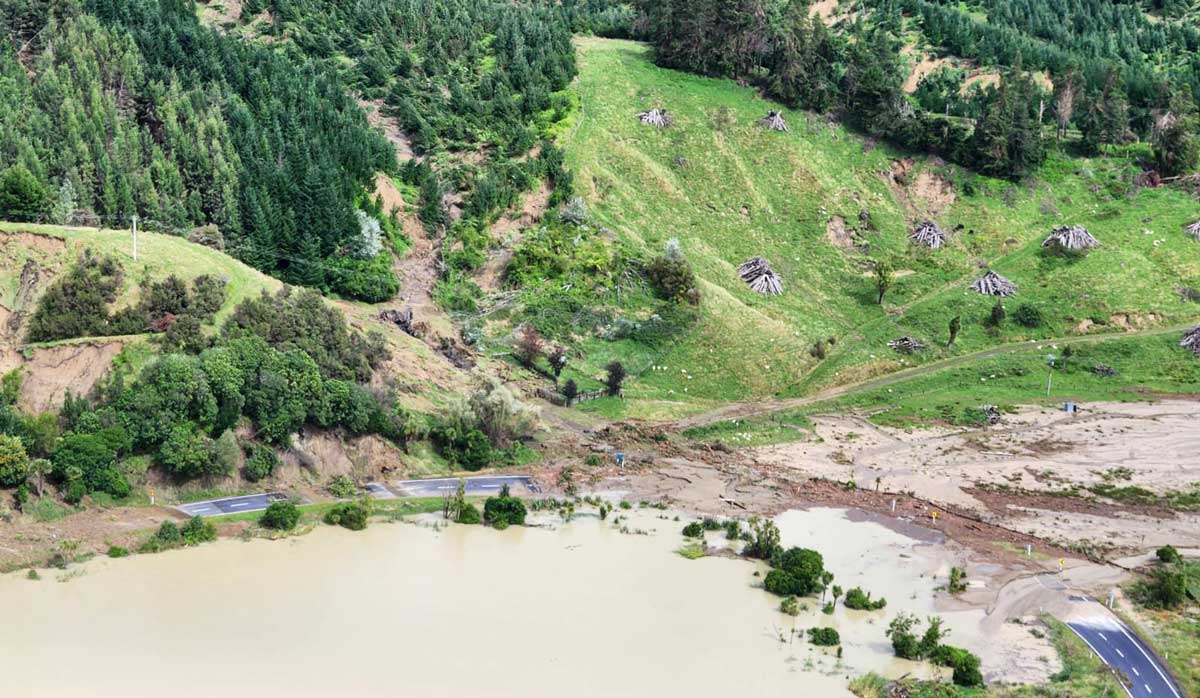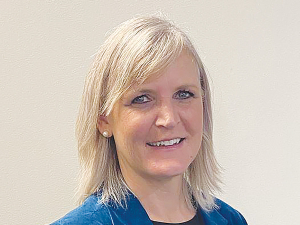Beef + Lamb NZ believes farmers have got some clarity from the Government's recently announced cyclone relief package.
Justine Kidd, B+LNZ's general manager extension, says farmers now know what support is and isn't in the pipeline for them. She says the package is about debt support, which will see farmers coming to arrangements with their banks and may involve a reduced interest rate.
The Government package has two major components. The first one is aimed at encouraging banks to become more actively involved in helping farmers and growers to get their businesses back on track. To do this, the Government of a loan to a farmer or grower away from the banks, which it claims will allow the banks to reduce interest rates and offer more flexible terms. There is a limit of $10m and certain criteria apply, one of which is that the borrower meets the lender's credit criteria - meaning they are lendable and also viable long term.
In the second part of the package, the Government will lend up to $4 million to a grower or farmer if they cannot get a loan from a bank. However, to qualify for this, the individual must be able to prove that they can get their business back on track and can then get a bank loan. In essence, this is a helping hand to those who may already have a mortgage with a bank and and may be deemed a credit risk, but with help from the Government will be a viable business in the future.
Kidd says B+LNZ estimates that the direct on-farm costs of Cyclones Hale and Gabrielle and the Auckland Anniversary weather event will be between $367 million and $422 million. She says it also estimates that 1,250 sheep and beef farmers have been moderately-to-significantly affected by the weather events and 990 of these are in the Tairāwhiti and Hawke's Bay regions, with the others spread around Northland, South Auckland, eastern Waikato and the Bay of Plenty.
"It is a challenge and our farmers are feeling this," Kidd told Rural News.
"They are also giving us feedback that they will work together and get stuck in and grunt it out to rebuild their farms over the next two to three years."
 |
|---|
|
Access around farms remain a problem in the region.
|
While farmers in Tairāwhiti and other regions are saying they will get back on their feet, this positive narrative masks the reality of what life is actually like on a daily basis on the farm. Access around farms remain a problem and in some cases farmers have repaired their farm tracks three times only to see these washed away with the next rains. This damage is largely uninsurable and has become a capital cost. Hillsides are described as being like melting ice-cream, making it hard to rebuild tracks to get stock into yards and off farm to sales or the works.
An MPI-run programme called 'operation muster' helped farmers to get stock back to their yards. However, the fragile state of roading infrastructure can make getting stock to processing plants problematic. The other problem appears to have been a lack of coordination of the response and recovery and there is talk of confusion about where to go for resources and help. It's been described to Rural News as a 'messy space'.
Another issue that is somewhat unique to the Tairāwhiti region is that there is a significant number of farms owned by Māori trusts and incorporations. Kidd says in many ways Māori have been disproportionately affected by Cyclone Gabrielle. The problem for many of these farms is they have multiple owners and cannot sell their land or use it as security for a bank loan.
She says B+LNZ and MPI are working on a formula to see that these farms have access to financial help that meets their unique situation.




















